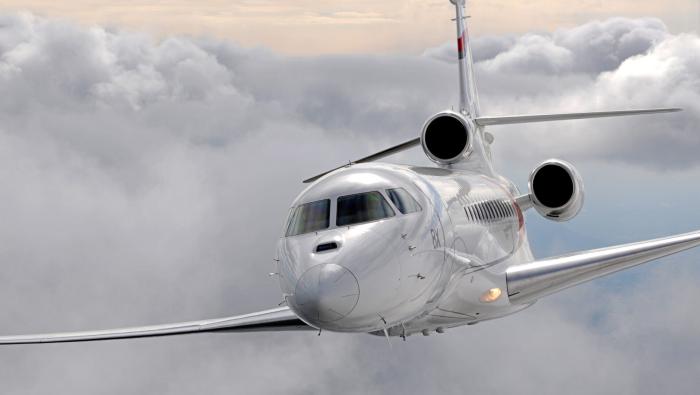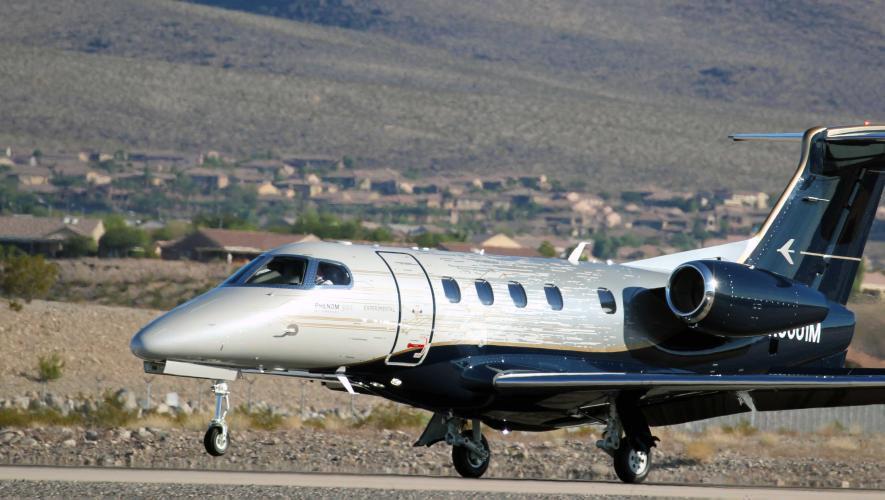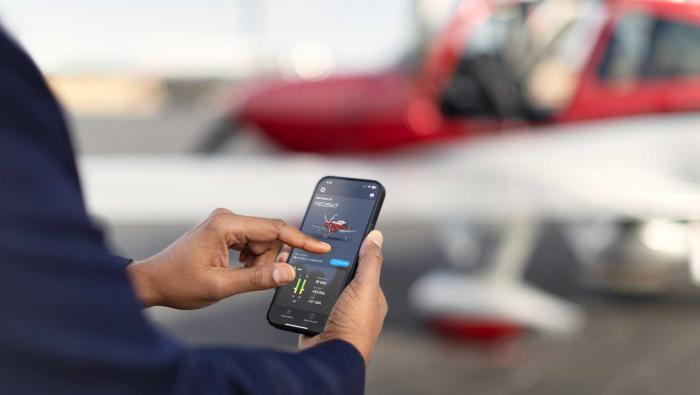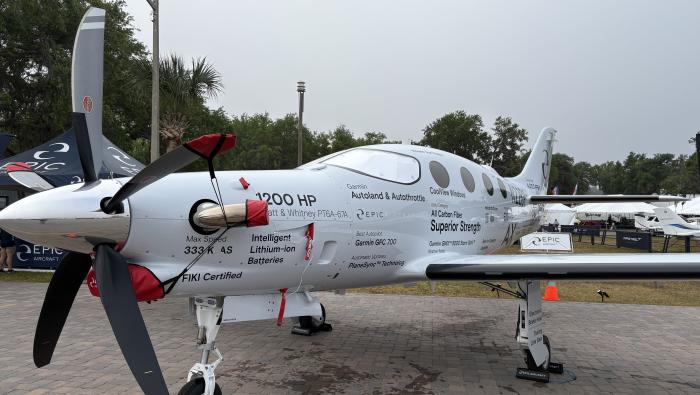Last year, Russian defense export agency Rosoboronexport (Hall 1 Stand B13) achieved a new post-Soviet-period record for export of military hardware totaling $6.2 billion. Its previous record of $5.3 billion was established in 2006, a significant rise over $3 billion worth of sales in 2000.
“More than doubling [sales] in such a short time is, indisputably, an impressive result,” said Roso-boronexport director general Anatoly Isaikin. “In the last five years, thanks to effective marketing decisions, we have virtually doubled the exports of defense products, increasing our order book to $25 billion.” However, many of these orders are still subject to final confirmation by the governments involved.
Aviation products now account for a major part of Russia’s defense exports–around 45 to 55 percent of total sales. These days, the principal recipients of Russian military aircraft are countries of the Middle East, the Asia Pacific region and South America. For instance, this month Rosoboronexport expects to seal a contract to supply Venezuela with 24 Sukhoi Su-30MK2 fighters worth $1.5 billion. It also plans soon to start talks with the Venezuelans about a follow-up order for Su-35 warplanes, deliveries of which could start in 2011.
At the end of this year, Indonesia is to receive three Su-30MK2 fighters that will join a squadron already operating two Su-27SKs and a pair of Su-30MKs. A $335 million agreement signed at last August’s Moscow airshow called for delivery of three Su-27SKMs and three Su-MK2s between 2008 and 2010.
India’s defense ministry has declared its intention to buy three more Russo-Israeli Falcon AWACS surveillance aircraft, based on the Ilyushin Il-76TD airframe. Its air force has submitted a $2 billion contract proposal for government approval of the purchase. The three aircraft would be delivered by the end of 2012.
In September, India also is due to receive the first of three Falcons it has on order as part of a $1.5 billion contract signed in 2003; the other two are to follow in April 2009 and August 2010. Meanwhile, the Indian navy awaits September delivery of the first four of 16 ship-based MiG-29K/KUB fighters, which are under construction. Indian pilots are scheduled to begin training for those aircraft this summer.
In Brazil, Rosoboronexport is competing with Italy’s Agusta for a contract worth $500 million to supply more than 12 strike helicopters. The Mi-35 and A109 helicopters built by those groups, respectively, have been shortlisted.
Algeria Row Settled
According to Rosoboronexport, the recent dispute between Russia and Algeria over the north African country’s refusal to go through with a contract to buy MiG-29 fighters is settled. Algeria has instead opted to buy Su-30s for its air force.
Rosoboronexport had signed a $1.3 billion contract in March 2006 to supply 28 MiG-29SMTs and six MiG-29UBs, with deliveries to have been made between late 2006 and February 2008. However, in May 2007, Algeria refused to accept the aircraft because of alleged inferior quality of some subsystems and components. In February, following protracted talks, Rosoboronexport and the Algerian air force signed an agreement for the rejected MiGs to be returned to Russia.
The Su-30s, which are to be delivered to Algeria in 2009, will have new-generation avionics. Upon completion of the delivery, the aircraft will undergo some modifications to equip them for joint operations Algeria will undertake through an alliance with NATO.
Rosoboronexport also has run into some problems with China, which, after receiving 105 of a 200-unit order of component packages for licensed assembly of Su-27SKs, refused to acquire the remaining 95 packages. Now, talks are under way for China to take Su-35 fighters instead of the Su-27SK kits.
Also still pending is a contract for Rosoboronexport to supply China with military transport aircraft and aerial tankers. China canceled an earlier deal, signed in September 2005, for the supply of 34 Il-76MD military transports and four Il-78MK aerial tankers with a total value of more than $1 billion.
The deliveries were due to start 16 months after the contract was signed and be complete by 2011, but China abandoned the contract because Rosoboronexport’s production partner, Tashkent-based Chkalov Aircraft Production Plant, where the Il-76 aircraft assembly line is located, failed to fulfill the order on time. Now under consideration is a possible new order for Il-76 and Il-78 aircraft that would be built in Russia instead of in Uzbekistan.
Meanwhile, in the Middle East, Rosoboronexport is working on a possible deal to supply Saudi Arabia with 150 attack and military transport helicopters worth around $2.2 billion. It also is discussing a contract to supply a large number of aircraft to Libya.







